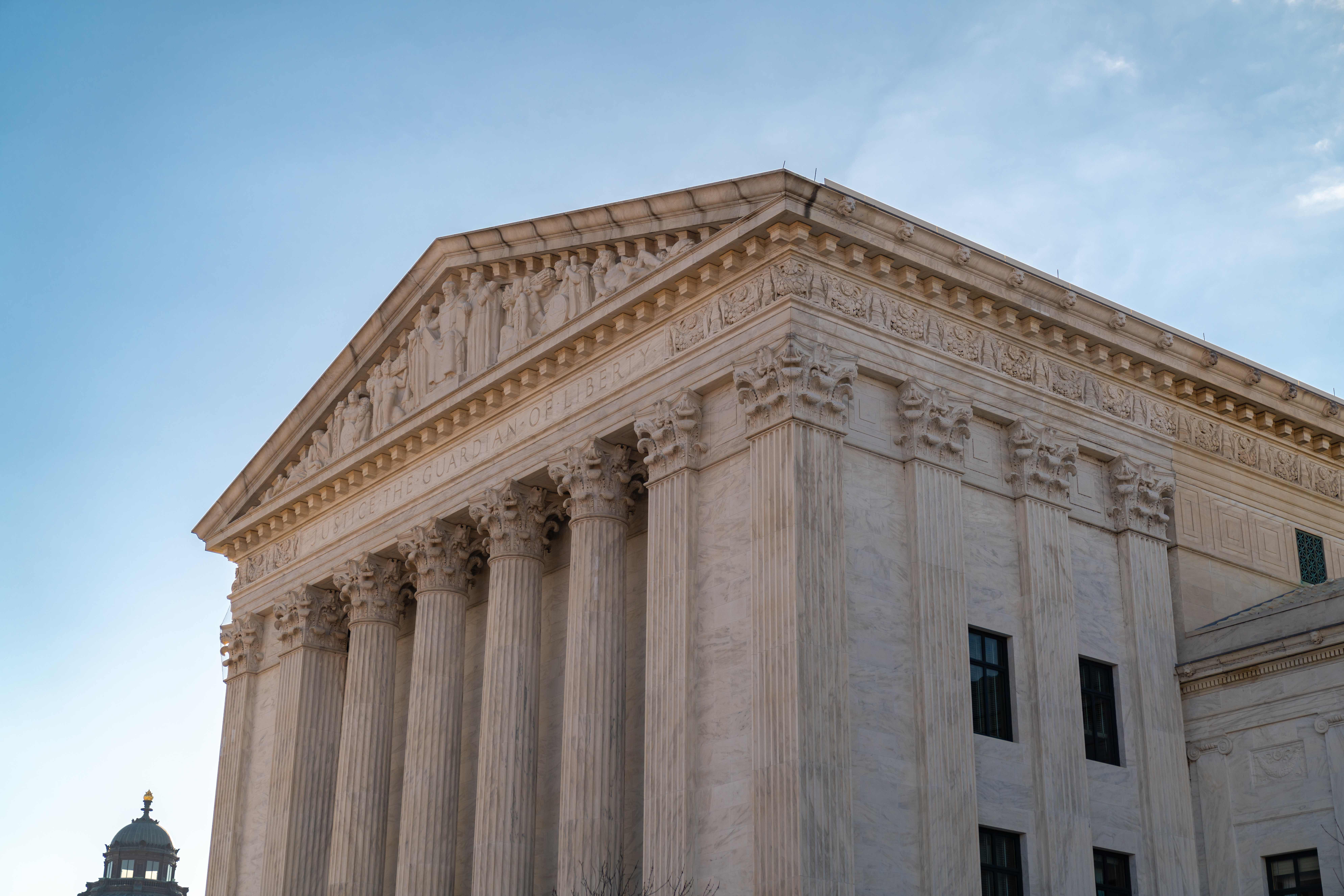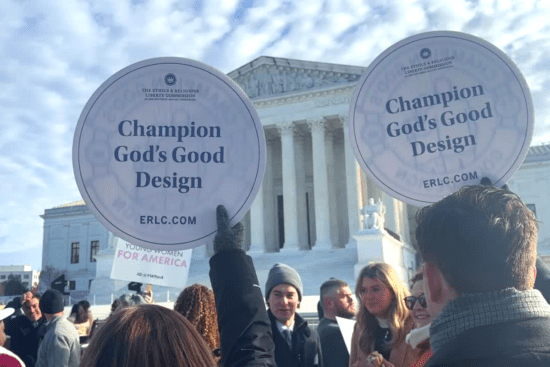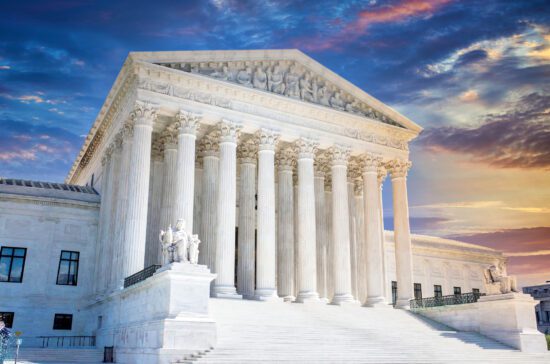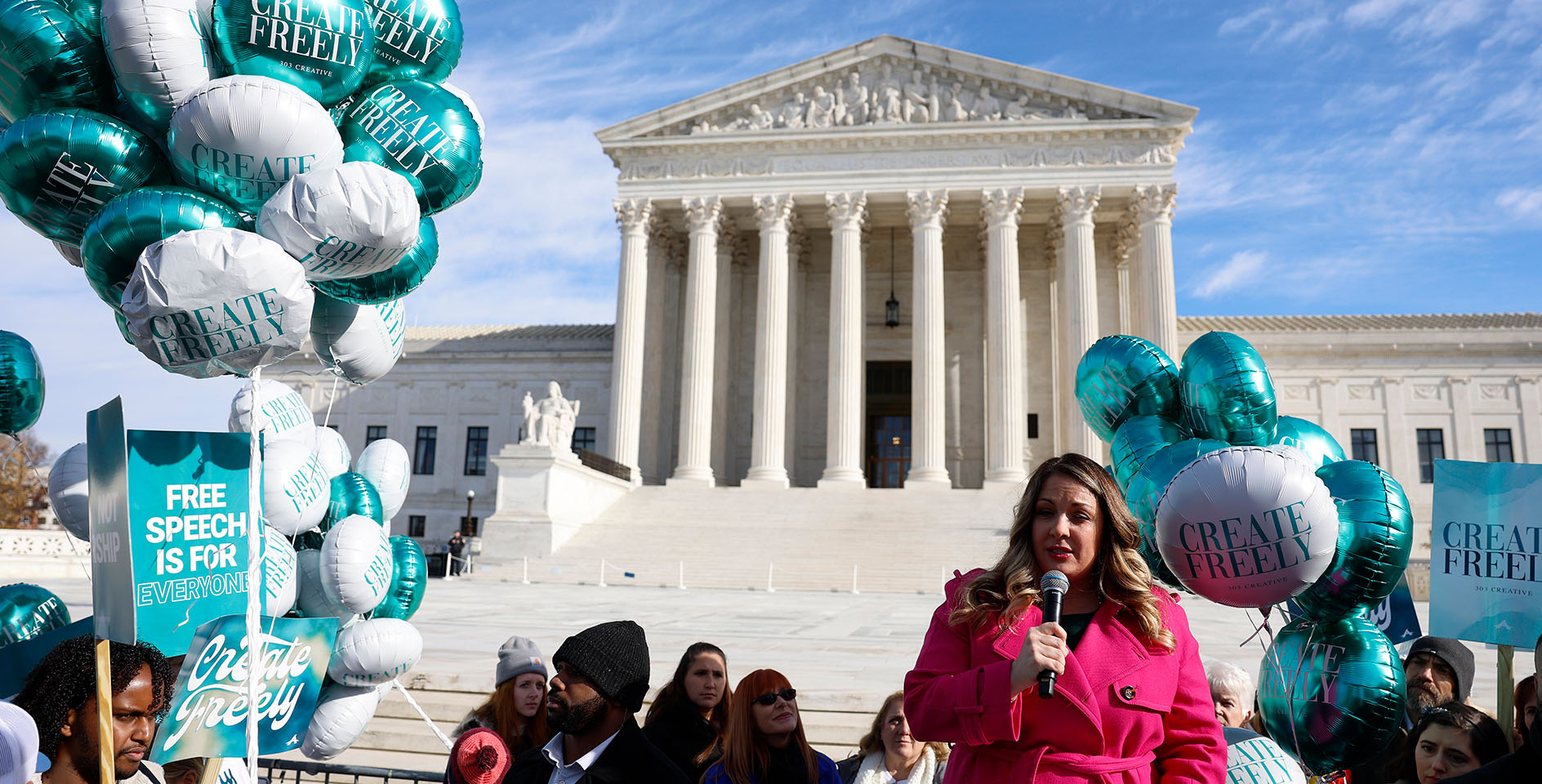Washington. D.C., June 29, 2023 —Brent Leatherwood, president of the Southern Baptist Convention’s Ethics & Religious Liberty Commission, applauded today’s unanimous U.S. Supreme Court ruling in the Groff v Dejoy case, stating that it “is a victory for every American.”
In response to the ruling, Leatherwood said:
“Despite some voices saying that Mr. Groff sought exceptional treatment, the court saw through that to the truth of the matter. He simply asked for a reasonable accommodation to live out the tenets of his faith. By siding with him, the court has again affirmed the importance of living in accordance with one’s deepest-held beliefs.
This is a victory for every American. Your profession of faith should not be a barrier to your professional vocation.”
What’s the takeaway from the ruling for religious liberty?
The court has clarified the interpretation of a previous ruling that was so often used to deny religious accommodation, was inaccurate. This ruling reflects a central argument from the ERLC brief. In today’s ruling, the justices clarified that the real standard requires employers to show a “substantial” burden before they can deny an employee the freedom to live according to their beliefs.
What did the ERLC brief say?
The ERLC filed an amicus brief in this case in support of United States Postal Service (USPS) employee Gerald Groff, alongside the Baptist Joint Committee for Religious Liberty, the U.S. Conference of Catholic Bishops, the National Association of Evangelicals, the Church of Jesus Christ of Latter-Day Saints and the Anti-Defamation League. The brief argues that a previous ruling, Trans World Airlines, Inc. v. Hardison, should be overturned.
The 1977 Hardison decision limited and distorted the requirements of employers to reasonably accommodate employees’ religious beliefs and practices by allowing employers to prove only a “minimal burden” to deny accommodations, known as the “de minimis” standard.
The Groff v Dejoy case ruling stated “…diverse religious groups tell the Court that the ‘de minimis’ standard has been used to deny even minor accommodations.” This was a point made in the ERLC brief.
What was the Groff v Dejoy case about?
Gerald Groff began working as a USPS carrier in 2012, and as a Christian, was compelled by his religious beliefs to observe the Sunday Sabbath. After USPS began delivering packages on Sunday for Amazon, Groff offered to take extra shifts on weekdays and holidays to avoid working on his Sabbath. USPS initially granted him an accommodation but then changed its mind and began scheduling Groff for Sunday work. Groff refused to violate his faith, and faced termination until he ultimately resigned in 2019.
Why does the Groff v Dejoy case matter to Southern Baptists?
Southern Baptists have long subscribed to the belief that people of faith should not have to separate their vocation from their deeply held beliefs. More background information about the Groff v Dejoy case and the ERLC’s advocacy is available online.
The Southern Baptist Convention is America’s largest Protestant denomination with more than 13.6 million members and a network of over 47,000 cooperating churches and congregations. The Ethics & Religious Liberty Commission is the SBC’s ethics, religious liberty and public policy agency with offices in Nashville, Tenn., and Washington, D.C.
To request an interview with Brent Leatherwood,
contact Elizabeth Bristow by email at [email protected] or call 202-547-0209
Visit our website at www.erlc.com
Follow us on Twitter at @ERLC.









